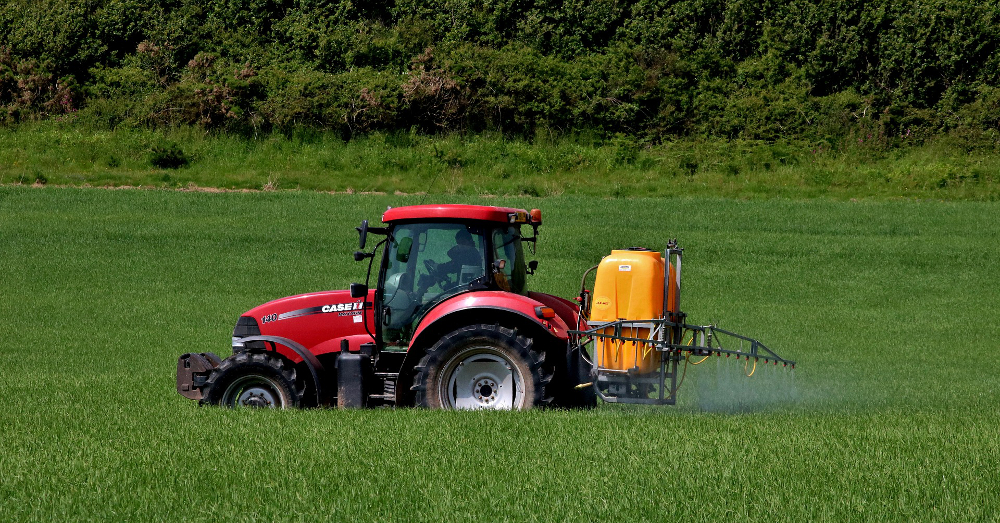
Fears Mount as Herbicide-Cancer Link Comes to Light
In 2014, when he was 11, Quade Bowen was diagnosed with non-Hodgkins lymphoma. His family believes Quade has “suffered the affects as a direct and proximate result of the unreasonable and defective nature of RoundUp”.
The Bowen's claims are contained in one of more than 1,100 lawsuits spanning farming communities, and gardeners, in the US who allege they contracted the blood cancer after using RoundUp, the most popular herbicide in the world, produced by global seed and chemical giant Monsanto.
July 15, 2017 | Source: IOL | by Sheree Bega
Johannesburg – From the age of 3, Quade Bowen liked to ride with his father, Johnny, on the tractor across their family farm in Utah, in the US.
Every spring and summer, Quade would help him tend the fields. Sometimes, the child would hold the sprayer wand to kill the weeds infiltrating their alfafa and hay crops.
In 2014, when he was 11, Quade was diagnosed with non-Hodgkins lymphoma, a cancer that starts in white blood cells called lymphocytes, and form part of the immune system.
His family believes Quade has “suffered the affects as a direct and proximate result of the unreasonable and defective nature of RoundUp”.
The Bowen’s claims are contained in one of more than 1,100 lawsuits spanning farming communities, and gardeners, in the US who allege they contracted the blood cancer after using RoundUp, the most popular herbicide in the world, produced by global seed and chemical giant Monsanto.
In the Bowen’s court papers, filed earlier this year, they allege they did not know of an association between exposure to RoundUp and the increased risk of developing non-Hodgkins lymphoma until well after the the International Agency for Research on Cancer (IARC), the specialised cancer arm of the World Health Organisation, classified glyphosate (the main ingredient in RoundUp) as a probable human carcinogen in early 2015.
This classification sparked global controversy – and an avalanche of litigation – amid fierce denials from Monsanto that the chemical, introduced in 1974, was unsafe.
The IARC found sufficient evidence in experimental animals for the cancer-causing ability of glyphosate, and limited evidence of carcinogenicity in humans for non-Hodgkins lymphoma.
In South Africa, cancer watchdogs, too, are concerned.
In a recent 18-page position paper, authored by Professor Michael Herbst, the Cancer Association of SA (Cansa) says it accepts the IARC’s classification of glyphosate as probably carcinogenic and its finding of an association between non-Hodgkins lymphoma and glyphosate.
It has initiated a study to examine potential links links between non-Hodgkins lymphoma and glyphosate exposure in South Africa’s maize belt.
